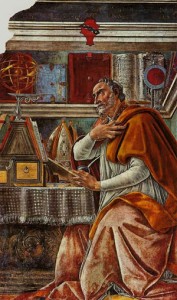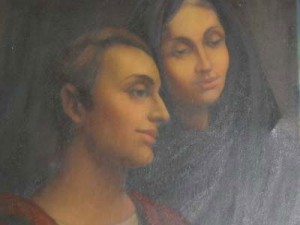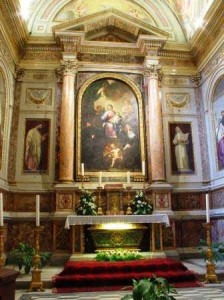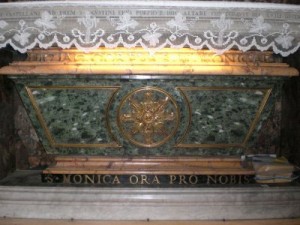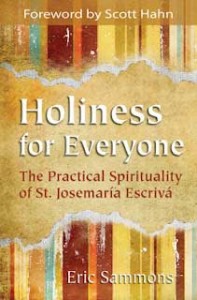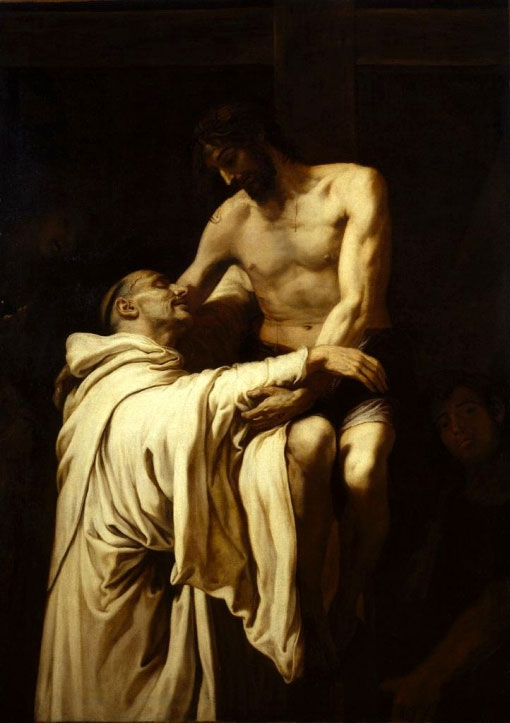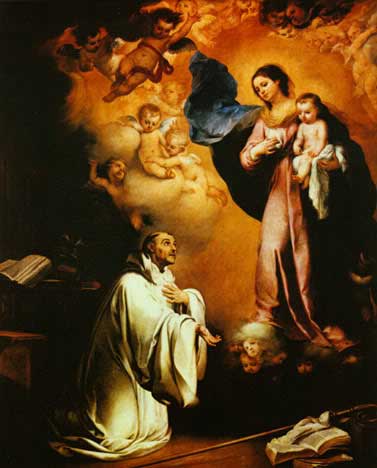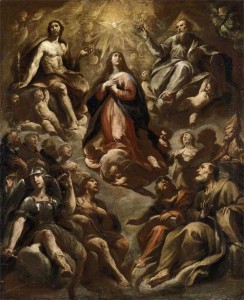“Exposed: Inexcusable Me… Irreplaceable Him” by Shannon Dietz is a compelling book which chronicles her experiences growing up  in her devout Catholic home, dealing with realities of brokenness that results from the assaults that come from the world, from the enemy and from our own negative choices, and the healing that comes from surrendering completely to the love of Jesus Christ. Shannon shares her story of being raped, not once but twice, and the devastating effect it had on her life and self-image. She would run from God and her Catholic faith for a time, which only led her to experience a greater period of isolation and despair. Eventually she turned to Him and found the peace and strength she had been aching for in the Sacrament of Reconciliation. That moment would provide a powerful encounter of grace and mercy and would set her once again on the path home to the loving embrace of the God the Father. Her story is one that speaks to the hearts of several generation of women. A powerful story and witness that there is indeed a beautiful “light at the end of the tunnel”. Shannon is the founder of “Hopeful Hearts Ministry“…be sure to visit the website!
in her devout Catholic home, dealing with realities of brokenness that results from the assaults that come from the world, from the enemy and from our own negative choices, and the healing that comes from surrendering completely to the love of Jesus Christ. Shannon shares her story of being raped, not once but twice, and the devastating effect it had on her life and self-image. She would run from God and her Catholic faith for a time, which only led her to experience a greater period of isolation and despair. Eventually she turned to Him and found the peace and strength she had been aching for in the Sacrament of Reconciliation. That moment would provide a powerful encounter of grace and mercy and would set her once again on the path home to the loving embrace of the God the Father. Her story is one that speaks to the hearts of several generation of women. A powerful story and witness that there is indeed a beautiful “light at the end of the tunnel”. Shannon is the founder of “Hopeful Hearts Ministry“…be sure to visit the website!
Podcast: Play in new window | Download (Duration: 27:09 — 24.9MB) | Embed
Subscribe: Apple Podcasts | Spotify | Amazon Music | Android | Pandora | iHeartRadio | JioSaavn | Podchaser | Gaana | Podcast Index | Email | TuneIn | Deezer | Anghami | RSS | More
 You can find the book here
You can find the book here
Patrice Fagnant–Macarthur, Sr. Editor of Catholic Lane, Author of “Letters to Mary from a Young Mother”
“It took great courage for Shannon to share her story. It is an important one for young people who are struggling with addiction or abuse and those who question whether God still cares for them.”
C.A. Webb, President of Conversations Book Club, Host of Conversations Live!
“A powerful book that helps us to live a life that is open to receive all that is meant for us.”
“Shannon’s candid sharing will prove to be a blessing to victims and those that care about them.”
Fr. Gavin Vaverek, Maria Goretti Network



